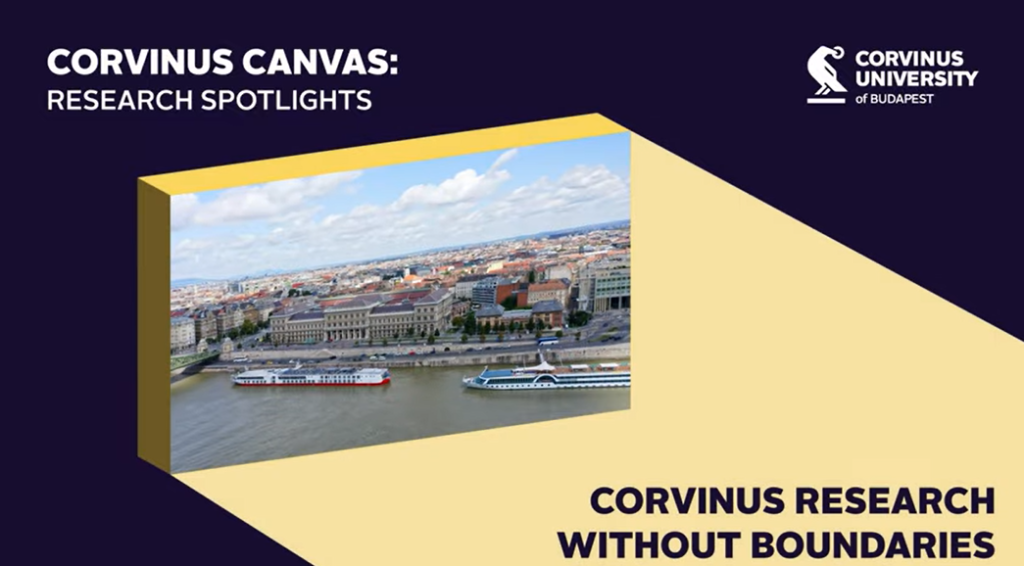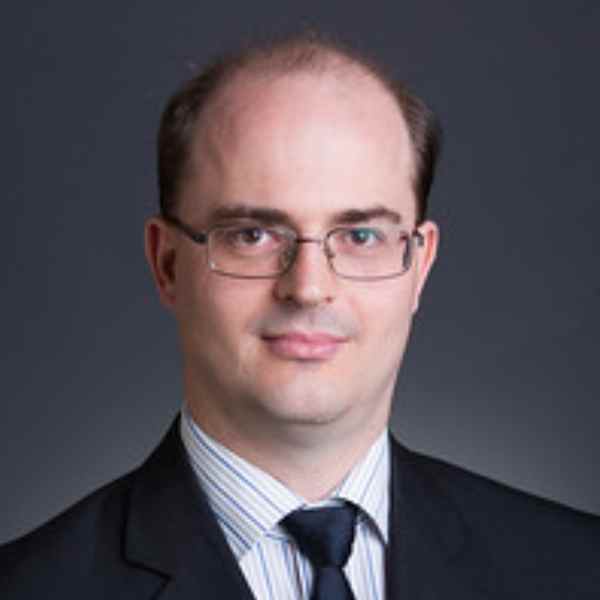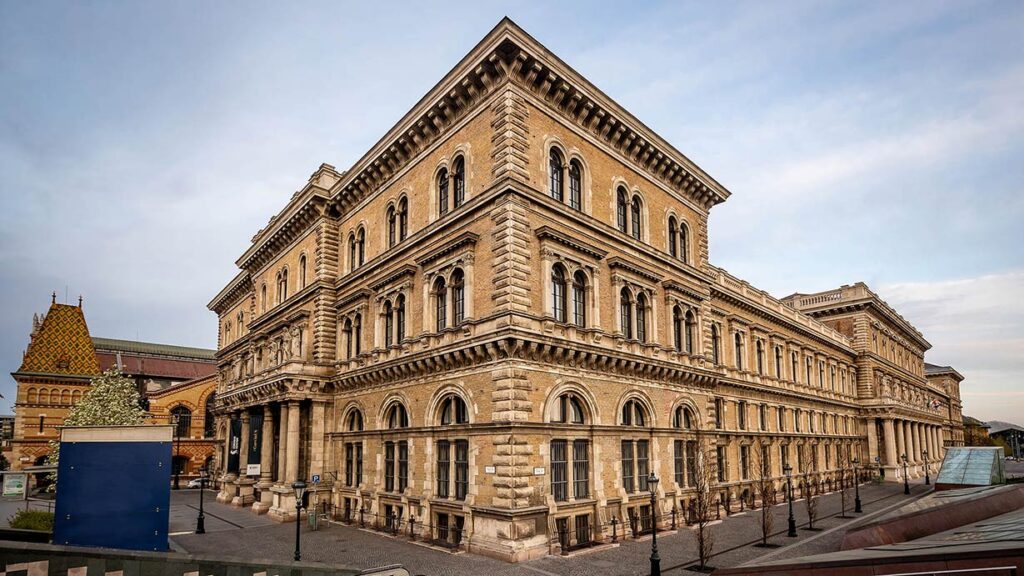Center for International Higher Education Studies
OUR RESEARCH FOCUS
The research center focuses on international and domestic trends in higher education. We analyse both the sectoral and the institutional level. Among Hungarian higher education researchers, we are the only research center that investigates issues of management and financing, but we also study other topics, such as academic freedom, the social roles of universities, the Bologna process and its effects, and the evolution of the training structure.
Model change in Hungarian higher education
The objective of this research is to examine the potential impact of the governance and management system of the institutions concerned, the employment relationship of the lecturers and staff, and the effect of these factors on the operation of the universities, in the context of the ongoing model change process in higher education that commenced in 2019. In the context of the ongoing reform, it is the role of foundations to assume the responsibility of maintaining the institutions in question, rather than that of the state. The boards of trustees at the helm of the foundations are able to exercise considerable influence over the degree of autonomy that the institutions they oversee are permitted to enjoy in relation to their budget, internal management system, and institutional and employment strategy. Given that each institution is maintained by a different foundation, it seems reasonable to posit that the management structure of these institutions will become increasingly heterogeneous, and that this will also change over time. It is reasonable to posit that the efficacy and efficiency of each solution will vary. The nature, introduction and results of the new management structures, the challenges and good practices associated with them, and the results should be explored and presented. Furthermore, the results should be compared with international patterns and trends.
The transition in management also encompasses a shift in HR practices, which is evidenced by the evolution of HR practices. The research project examines the impact of changes in management and HR practices on the employment situation, role and identity of instructors. Furthermore, we are interested in the public discourses surrounding model change and their impact on the shaping of institutional practices. The following four research questions will be addressed within the framework of this research:
- How is the governance and management structure of the institutions changing?
- How does the employment situation and role of teachers and researchers change during the model change?
- How does the model change appear in public discourses, and how does this affect the operation and scope of the institutions involved in the model change?
- How can the development of institutions’ performance be captured through the data available on higher education institutions?
MEMBERS
Head of Research Center
Bodnár Éva
Derényi András
Kádár-Csoboth Péter
Keczer Gabriella
Kéri Anita
Király Gábor
Molontay Roland
Polónyi István
Rónay Zoltán
Sass Judit
Veres Pál
PUBLICATION HIGHLIGHTS
Keczer G. – Kováts G. – Rónay, Z. (2022) Innovációk a felsőoktatás-menedzsmentben? – Az egyetemvezetés trendjei és a hazai megoldások.
In: Rónay Zoltán, Fazekas Ágnes, Horváth László & Kálmán Orsolya (szerk.) Tanulmánykötet Halász Gábor tiszteletére. Budapest: ELTE PPK – L’Harmattan Kiadó, pp. 153–180
Rónay, Zoltán – Niemczyk, Ewelina K (2022): Institutional Autonomy and Academic Freedom in the Light of National Regulatory Frameworks: Glance at Hungary and South Africa.
In: Towards the Next Epoch of Education, BCES Conference Books, 2022, Volume 20. Sofia: Bulgarian Comparative Education Society, pp.209-215.
Previous partnerships
Nicholas Copernicus University, Torun (Poland)
Charles University, Prague (Czechia)
IMPACT
The peculiarity of our research center is that it operates as an open network, several members work at other universities (or at other research organizations).





